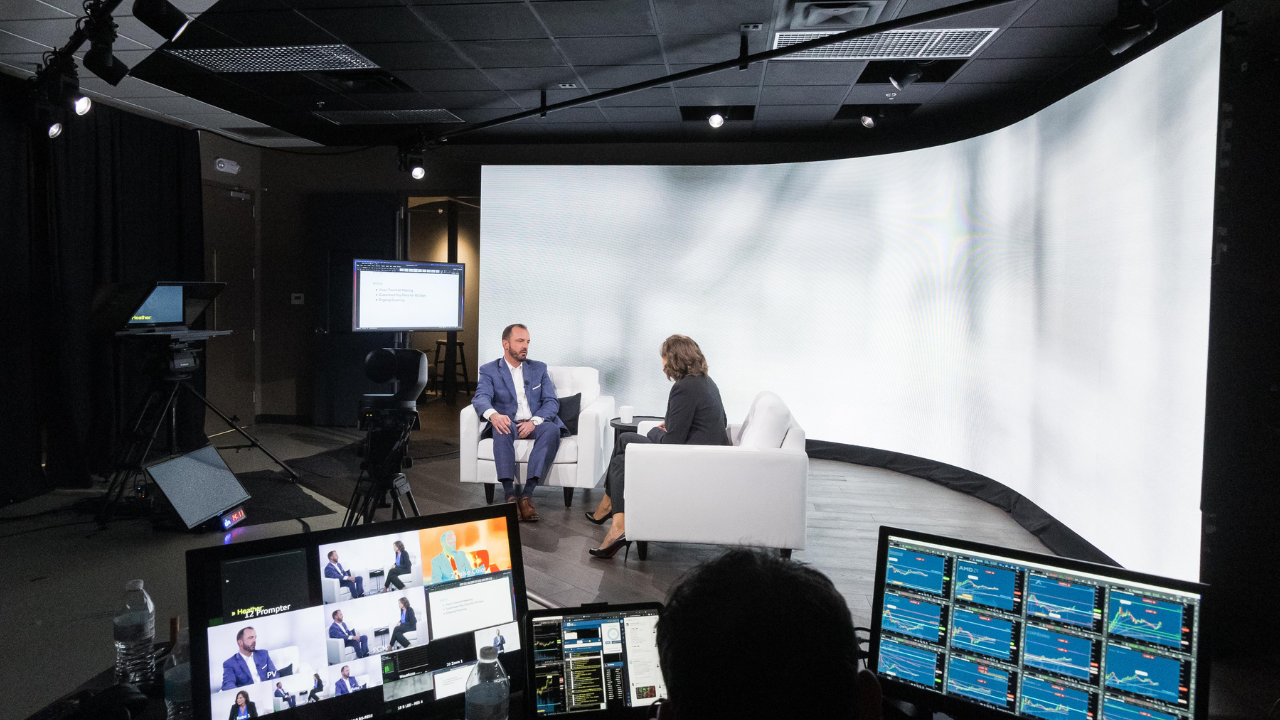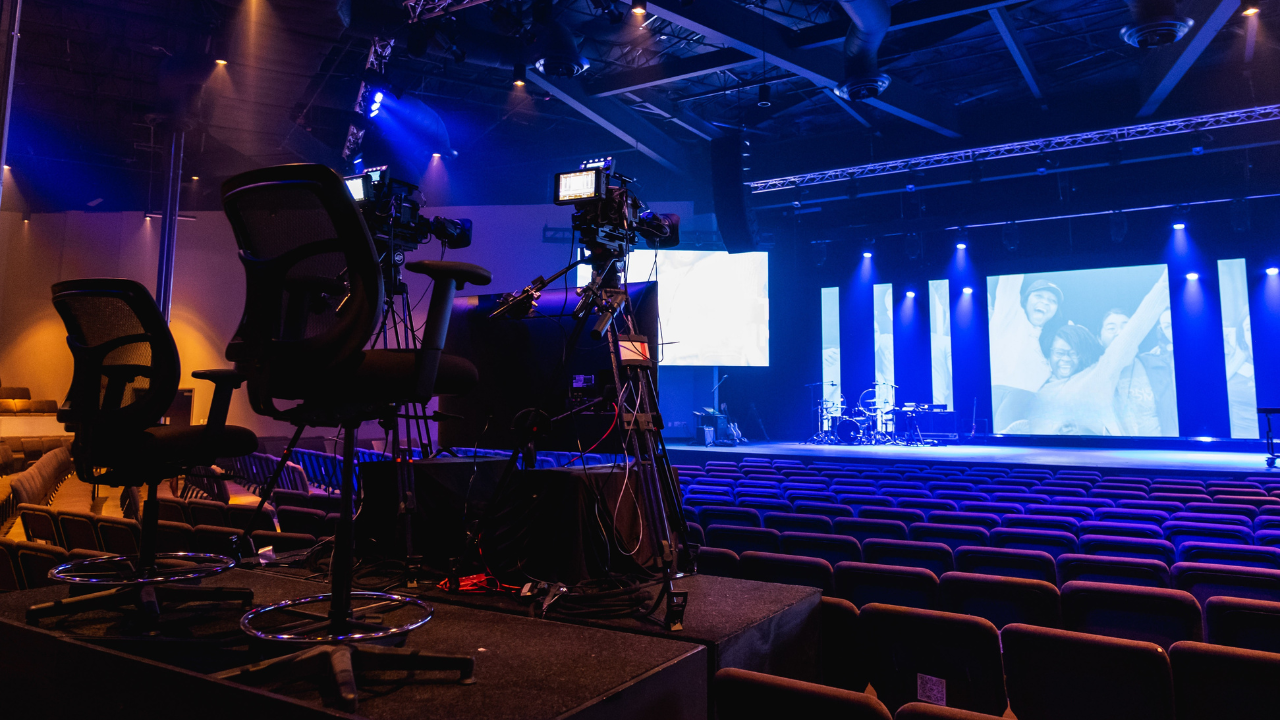Is Budget a Made-Up Word?
Published on: Tuesday, April 19, 2022 - 7:00am

How many times have you watched an HGTV show where a house-hunting couple sets their budget, looks at a bunch of places they aren’t happy with, and then falls in love with one outside their initial price range?
It’s not that they can’t afford the house. It’s that, in a vacuum, they chose a certain budget they thought was reasonable. And when they found something they loved, they were perfectly willing to reassess to get what they really wanted.
Clients give production companies budgets in just the same way. They have a vision of the perfect show, and they come up with a budget they suppose will make it happen.
That budget is often based around past experiences and, in today’s market, can be unrealistic. So how can production managers respond?
What’s the Problem With Budgets?
The real trouble only comes if you take the client’s initial budget as gospel.
There’s nothing wrong with budgets, per se. Clients can afford what they can afford — but the initial budget they disclose isn’t always set in stone. Just like that house-hunting couple, the client gives a best-guess budget, a hopeful ideal they’d like to shoot for if possible.
The client can’t know how much all the components of their perfect show will cost. And actually, neither can production managers — especially today.
Supply chain issues and inflation have driven equipment prices up and made costs in general unstable. For example, plane tickets fluctuate wildly depending on what’s going on in a certain city (not to mention the rest of the world) on any given day. The same is true with trucking expenses and any other logistics.
In addition, discussing numbers with your AVL partner prior to agreeing on a budget with your client is essential. Costs vary quite a bit between AVL partners, and higher quality companies will inevitably charge more. So it’s critical to outline a realistic budget with your AVL partner before finalizing numbers with the talent.
Budgets Can Change
Clients give you the budget they think they can afford, or that they want to afford. But when they see something they really want, they can often find funds they didn’t originally intend to spend.
Production managers may feel obligated to stick to the initial budget they discussed with the client. But the client’s vision may not be possible on that budget. If a production manager comes to an AVL partner with a vision and a budget that don’t match, everyone can end up wasting a lot of time.
In reality, clients are usually perfectly willing to modify their budgets to achieve the results they want. In fact, they often plan for an increase in budget. The trick is to speak with someone high enough up on their team — like the talent themselves — who has the power and the desire for a say in the final decisions. They won’t thank you for saving them a few dollars if the show doesn’t achieve their goals. So make sure you’re always talking with decision makers or influencers.
What Are You Really Selling?
Are you selling your client your ability to save them $100, or are you selling them your ability to bring their vision to life?
In most cases, clients have already allocated money for the show. One decision maker mentioned to us that his operation always earmarks the agreed-upon budget — and then adds an additional 20% to cover changes, shifts in supply chain, and other unexpected costs. Desperately trying to save that client money wouldn’t make them happy; it would more likely shortchange what they really wanted from their event.
It’s so much more rewarding — and valuable — to be part of the creative solutions for a show. If your value to the client is purely in saving them $100, then next time they’ll look for someone who can save them $125. But if you can provide creative solutions to achieve the talent’s goals for the event, then you’re part of their team.
Don’t Sell Your Budget Short
When you first sit down with a client, try not to discuss hard numbers right away. Especially in our current economic environment, there’s just no way for you to know how much all the elements will cost. You’ll do yourself — and the client — a disservice by helping them set a budget without realistic, specific numbers underpinning it.
If the client gives you a seemingly concrete budget, don’t be afraid to challenge it. Ask questions. What informed your decisions? What are your numbers based on? Help create awareness that costs aren’t the same today as they were in the past. If after talking with an AVL partner, you discover that the budget is incompatible with the vision, bring that back to a decision maker and discuss why.
How Can You Streamline the Process?
Ideally, the talent would share their vision with you, and you would let them know about all the factors that affect cost. Then you’d talk with your AVL partner, brainstorm regarding the client’s vision, and come up with creative solutions. You’d then be able to provide an accurate assessment of what kind of budget would accomplish the client’s goals.
If it’s over their initial idea of cost, they can (and probably will) increase their budget, or they’ll adjust their expectations for the event. But this way they’ll have a realistic understanding of what kind of event their budget can achieve right from the very beginning — and the option of expanding it.



